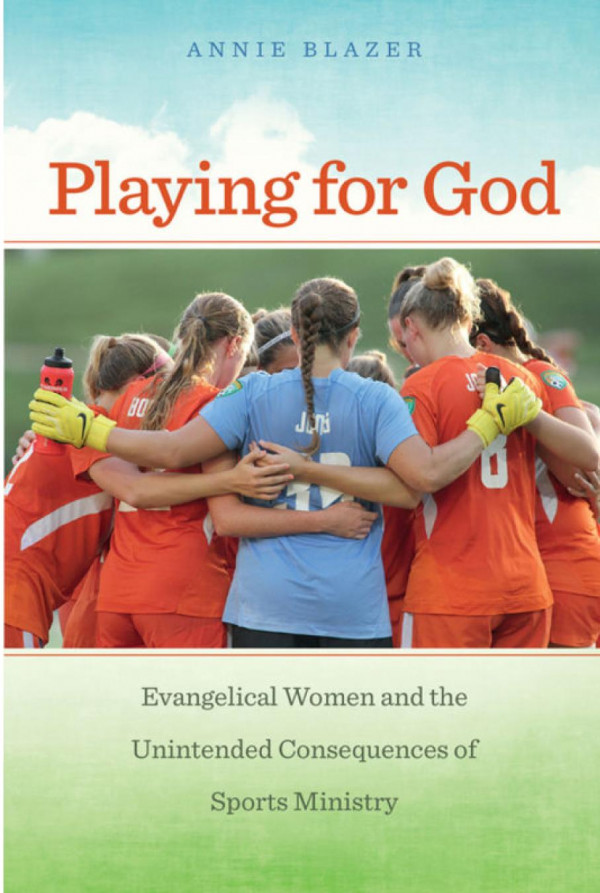

Most ebook files are in PDF format, so you can easily read them using various software such as Foxit Reader or directly on the Google Chrome browser.
Some ebook files are released by publishers in other formats such as .awz, .mobi, .epub, .fb2, etc. You may need to install specific software to read these formats on mobile/PC, such as Calibre.
Please read the tutorial at this link: https://ebookbell.com/faq
We offer FREE conversion to the popular formats you request; however, this may take some time. Therefore, right after payment, please email us, and we will try to provide the service as quickly as possible.
For some exceptional file formats or broken links (if any), please refrain from opening any disputes. Instead, email us first, and we will try to assist within a maximum of 6 hours.
EbookBell Team

4.3
98 reviewsWhen sports ministry first emerged in the 1950s and 1960s, its founders imagined male celebrity athletes as powerful salespeople who could deliver a message of Christian strength: “If athletes can endorse shaving cream, razor blades, and cigarettes, surely they can endorse the Lord, too,” reasoned Fellowship of Christian Athletes founder Don McClanen. But combining evangelicalism and sport did much more than serve as an advertisement for religion: it gave athletes the opportunity to think about the embodied experiences of sport as a way to experience intimate connection with the divine. As sports ministry developed, it focused on individual religious experiences and downplayed celebrity sales power, opening the door for female Christian athletes to join and eventually dominate sports ministry. Today, women are the majority of participants in sports ministry in the United States.
In Playing for God, Annie Blazer offers an exploration of the history and religious lives of Christian athletes, showing that evangelical engagement with popular culture can carry unintended consequences. When sport became an avenue for embodied worship, it forced a reckoning with evangelical teachings about the body. Female Christian athletes increasingly turned to their own bodies to understand their religious identity, and in so doing, came to question evangelical mainstays on gender and sexuality. What was once a male-dominated masculinist project of sports engagement became a female-dominated movement that challenged evangelical ideas on femininity, marriage hierarchy, and the sinfulness of homosexuality. Though evangelicalism has not changed sporting culture, for those involved in sports ministry, sport has changed evangelicalism.